COMMISSIONING
Our commissioning service helps ensure that our clients' projects are delivered with the highest quality, meeting their requirements and expectations while minimizing risks and optimizing performance.
Commissioning is the process of ensuring that a system or a piece of equipment is properly installed, tested, and functional before it is put into operation.
In engineering, commissioning is a critical step in the construction and deployment of complex systems. It involves several stages, including planning, testing, documentation, and training.
Our commissioning services are comprised of four distinct steps:
Planning
The planning stage of commissioning involves developing a detailed plan for the commissioning process.
This plan outlines the scope of work, identifies the resources required, and defines the objectives and goals of the commissioning process. Our engineers use various tools, such as flowcharts and diagrams, to visualize the process and ensure that all steps are accounted for.
1
Testing & Verification
2
The testing and verification stage is a vital part of commissioning. During this stage, we run a series of tests to verify that the equipment or system is operating correctly.
Our engineers also identify and resolve any issues that arise during the testing phase. This stage may involve multiple rounds of testing, including functional testing, performance testing, and safety testing. This helps solidify our commitment to a client’s peace of mind through safety, quality, and sustainability.
Documentation
Documentation is an essential component of the process.
Our engineers document all aspects of the process, throughout the multiple stages involved during commissioning. This documentation provides a record of the commissioning process, which is useful for troubleshooting and maintenance in the future. It may include diagrams, schematics, test reports, and other technical documentation. We take pride in the transparency we bring when it comes to documentation and the ease of use for our clients not only while the project is underway but long after it has been completed.
3
Training
4
Once the equipment or system is fully commissioned, our engineers can provide training to the operators and maintenance staff.
This training ensures that the operators and maintenance staff understand how to operate and maintain the system correctly. It may involve hands-on training, remote instruction, or a combination of both.
